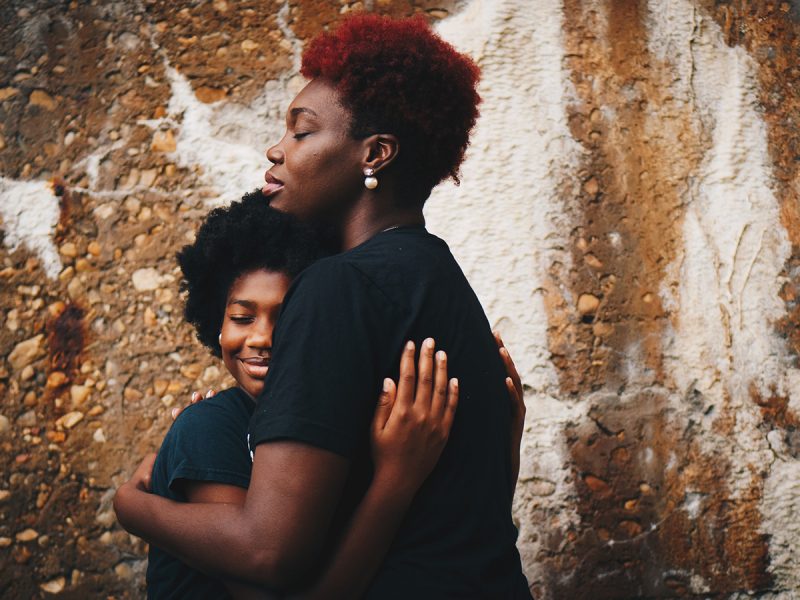
Helpful Hints for Tween/ Teen Conversations
By Laura Reagan-Porras
Mom: How was school?
Evan (Son): Fine.
Mom: Tell me about it? What did you do first?
Evan:Found my locker, then my desk and the teacher called roll.
Mom:Really? (Mom states sarcastically.) Get to the good stuff, please.
Evan: What?
Has a variation of this conversation ever happened to you? Depending on your child’s age and personality, if you have a tween or teen, you have likely had a version of this conversation. Tweens and teens may not always feel communicative about their school life. Because of busy, often over-booked schedules, parents may feel out of touch with their kids. Many parents bridge that gap with important, quality relationship-building conversation time with their children, while driving to and from school, ball practice or grocery shopping.
Ann, a mom of tween girls shares, “It is easy to let day to day conversations digress to ‘did you feed the dog?’ or ‘did you do your homework?’ My tweens talk more easily with me when we are driving in the car! I looked forward to family vacations when my girls were younger because we turned off the radio (remember those?) and talked, sang songs and enjoyed one another. Ann further recommended that the radio, Ipod and cell phone use be limited when driving in order to cease the opportunity to converse with each other.
Why not start the school year off right by asking effective, meaningful questions during that bonding time on the drive to and from school, to sports practice or running errands together?
Helpful Hints for Tween/ Teen Conversations
Open Ended Questions
Open ended, but specific questions can be conversation starters. Specific open ended questions cannot be answered with a one word response like “yes” or “no.” They invite more discussion.The following are examples of effective, but specific open ended questions.
1.) Questions about academics using best, worst, favorite or least favorite – Instead of asking generically, “How was school today?” Ask, “What was the best part of your school day? Or what was the worst part of your school day? What was your favorite subject today? What was your least favorite subject today?
Save, the “How much homework do you have” question for when you get home so that the quality time for conversation in the car doesn’t feel pressured.
2.) Questions about social life – Who’s your coolest friend? Who is your best friend? A variation on the friend question might be, “Who did you eat lunch with today?”
Active Listening – When there is a natural pause in the conversation, try repeating the last few words of your tween’s last sentence. Don’t assume understanding. Check it out.Often times, teens will open up even more.
Summarize – When the conversation starts winding down, summarize the essence of the conversation to confirm meaning and build trust.This may be the hardest part of active listening but with practice your skills can grow.
I-Messages – I-Messages communicate my feelings and values to my daughter about a behavior without preaching or giving advice. Examples of I-Messages are: I feel glad when you open up to me or I feel disappointed for you that you misplaced your homework.
Here is sample conversation that puts the steps together.
Mom: “Tell me about Amy?” – Open ended question
Grace(Daughter): “She’s okay but she’s always with her new boyfriend Matt now. (Grace rolls her eyes.) He’s cool but they are just so in to each other.”
Mom: “So, they are really into each other?” – Active listening
Grace: “Yeah, I feel like the third wheel on a lopsided tricycle. It sort of makes me mad.”
Mom: “You are angry because you feel left out?” – Summarize, confirmation meaning
Grace: “Yes, especially at lunch.”
Mom: “What can you do about that?” – Open ended question
Grace: “I guess I could go eat at Elizabeth and Lilian’s table.
Mom: You feel left out because of how Amy and Matt relate to each other, especially at lunch. But you are willing to eat with other friends. – Summarize
Grace: Yes, but I really miss Amy.
Mom: I know you miss your private time with Amy but I am really proud of you for trying new things. –I-Message
Grace: Thanks Mom.
Practicing these skills may seem awkward or mechanical at first, but persevere, being a part of your tween’s or teen’s life is the reward.
Laura Reagan-Porras, MS is a parenting journalist, sociologist and parent of two daughters.





